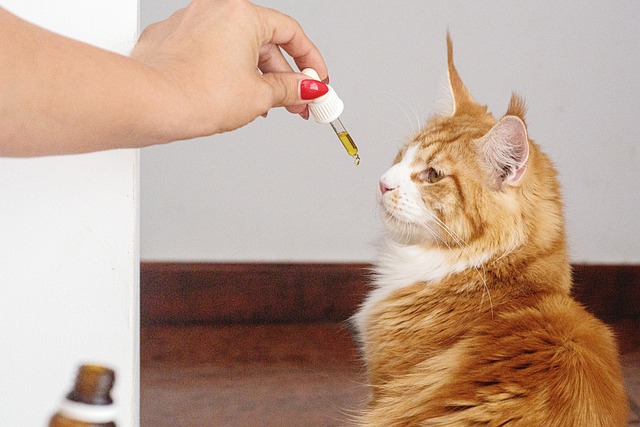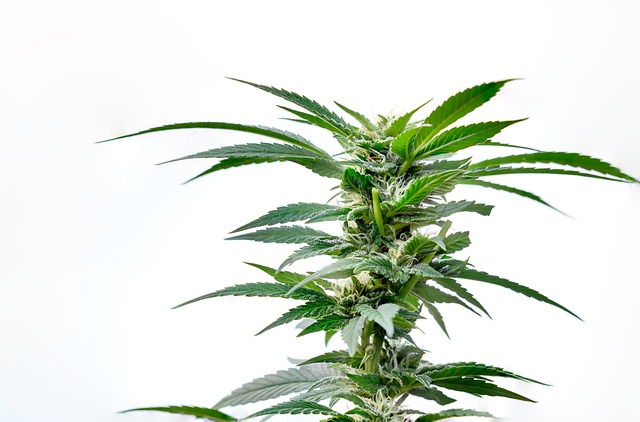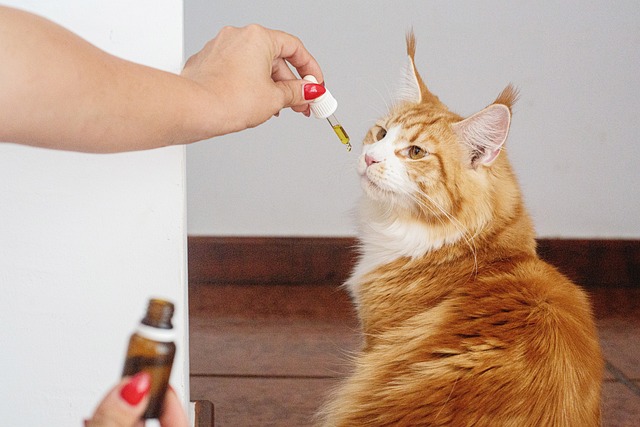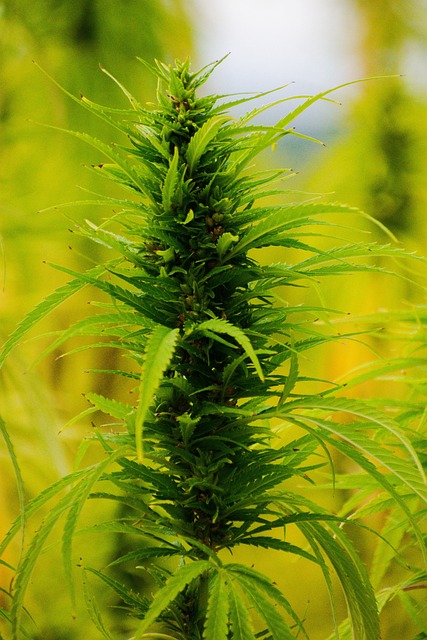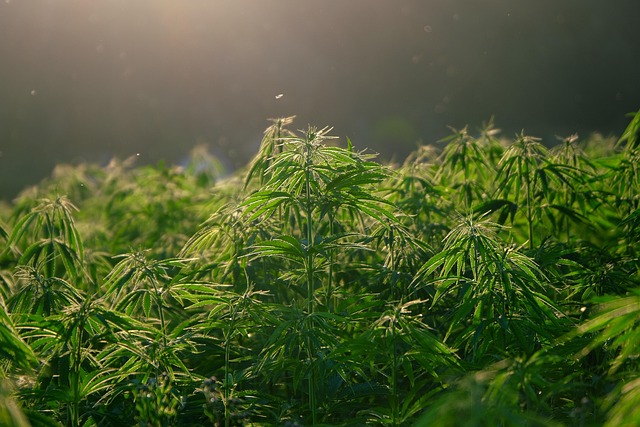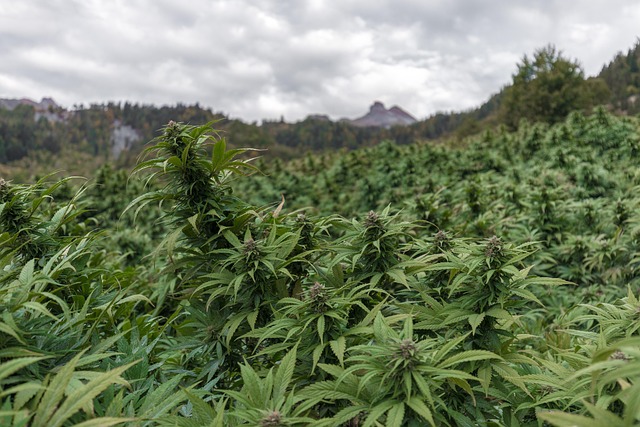Category: Hemp isolate benefits
Hemp Isolate Benefits: Unlocking a Versatile Natural Resource
Introduction
In recent years, hemp has emerged as a powerful player in the natural product industry, captivating attention worldwide. This article delves into the multifaceted world of hemp isolate benefits, exploring its impact across various sectors and highlighting why it deserves a prominent place in modern discussions. Hemp isolate, derived from the cannabis plant, is a concentrated form of cannabidiol (CBD) with an array of applications that span from health and wellness to industrial uses. By understanding its unique properties, we can appreciate the immense potential it holds for revolutionizing multiple industries and improving lives.
Understanding Hemp Isolate Benefits: Unveiling the Cannabinoid Powerhouse
Definition and Composition:
Hemp isolate is a highly refined product extracted from industrial hemp plants (Cannabis sativa L.). It is primarily composed of cannabidiol (CBD), a non-psychoactive cannabinoid known for its diverse therapeutic properties. CBD, along with trace amounts of other cannabinoids, terpenes, and flavonoids, contributes to the distinctive benefits associated with hemp isolate.
Historical Context:
The cannabis plant has been cultivated for millennia, serving various cultural and medicinal purposes. However, the modern focus on hemp isolate’s benefits is relatively recent, driven by advancements in scientific research and changing legal landscapes. The legalization of hemp at the federal level in several countries has paved the way for extensive studies, fostering a deeper understanding of CBD’s medical applications.
Significance:
Hemp isolate stands out due to its high concentration of CBD, offering a pure and potent form of this beneficial compound. Its lack of psychoactive properties (it does not produce a ‘high’) makes it an attractive option for those seeking the therapeutic effects of cannabis without the associated mental alterations. This unique feature has sparked interest across diverse fields, from healthcare to agriculture.
Global Impact and Trends
International Influence:
The global hemp industry has experienced significant growth, with hemp isolate playing a pivotal role in this expansion. Countries like Canada, the United States, Australia, and several European nations have become major producers, contributing to the worldwide supply chain. This trend is driven by increasing demand for CBD-based products and a growing acceptance of cannabis-derived therapies.
Regional Trends:
- North America: The US has seen a boom in hemp cultivation and research, with numerous states legalizing industrial hemp. Canadian farmers have also embraced hemp, contributing to the global supply, particularly of high-quality hemp isolate.
- Europe: European countries like Germany, the UK, and France are leading the way in CBD product development, with stringent quality standards driving innovation. The European market is known for its premium hemp-derived products, including isolates of high purity.
- Asia: China, India, and Japan have all expressed interest in hemp cultivation and research, primarily focusing on industrial applications like fiber and biofuel production. However, the medicinal potential of hemp isolate is also gaining traction within these markets.
Economic Considerations: The Rising Market Dynamics
Market Size and Growth:
The global hemp market, including hemp isolate, was valued at approximately $4.5 billion in 2021 and is projected to grow at a CAGR of over 30% from 2022 to 2030 (Grand View Research). This rapid expansion can be attributed to the increasing acceptance of cannabis-based therapies, rising health consciousness, and expanding legal frameworks.
Investment Patterns:
The rise in hemp isolate’s popularity has attracted substantial investments from venture capitalists, pharmaceutical companies, and agribusiness giants. These investments fuel research and development, cultivation, and infrastructure expansion, driving market growth. For instance, many startups are focusing on innovative extraction methods to produce higher-quality hemp isolates at competitive prices.
Economic Impact:
- Agriculture: Hemp cultivation provides economic opportunities for farmers, contributing to rural development. The demand for hemp isolate encourages the expansion of industrial hemp farming, creating new job avenues and promoting sustainable agricultural practices.
- Healthcare: CBD products, including hemp isolate, are gaining recognition in the healthcare industry. Their non-prescription nature makes them easily accessible, potentially reducing healthcare costs related to chronic conditions.
- Retail and E-commerce: The rise of online marketplaces has facilitated the sale of hemp-derived products, allowing consumers worldwide to access hemp isolate supplements, topicals, and beverages.
Technological Advancements: Revolutionizing Extraction and Application
Extraction Techniques:
- CO2 Extraction: This method uses supercritical CO2 gas to separate cannabinoids from plant material, resulting in a highly refined hemp isolate. It is considered the gold standard for its ability to retain the full spectrum of cannabinoids and terpenes.
- Alcohol (Ethanol) Extraction: A traditional technique involving the use of ethanol to extract CBD, often followed by evaporation to obtain the isolate. While effective, it may leave behind some residual solvents that require careful handling.
- Solventless Methods: Emerging technologies are exploring solventless extraction processes, employing mechanical or thermal means to separate CBD from hemp, offering potential advantages in terms of purity and environmental friendliness.
Product Innovations:
- Nanoparticle Formulations: Researchers are developing nanoparticle-based delivery systems for hemp isolate, enhancing its bioavailability and allowing for more efficient absorption into the body.
- Pharmaceutical-Grade Products: The pharmaceutical industry is embracing hemp isolate, producing prescription CBD medications for various medical conditions. This development underscores the potential therapeutic benefits of hemp.
- Personalized Wellness Solutions: With advancements in extraction and testing technologies, companies are offering customized hemp isolate products tailored to individual needs and preferences.
Policy and Regulation: Navigating Legal Landscapes
Global Regulatory Landscape:
The legal status of hemp and hemp isolate varies widely across the globe. While some countries have fully legalized cannabis and its derivatives, others maintain strict regulations or prohibit them entirely. The United Nations’ International Convention on Narcotic Drugs places limits on the cultivation and trade of cannabis, creating a complex regulatory environment.
Key Regulatory Frameworks:
- US: The 2018 Farm Bill legalized hemp at the federal level, but states have varying definitions and regulations for CBD products. This has led to a fragmented legal landscape, with some states allowing extensive sales while others restrict or prohibit them.
- Europe: The European Union (EU) regulates hemp products under the Novel Foods regulation, requiring authorization for new foods and feed ingredients derived from cannabis. Individual member states also have their specific laws.
- Canada: Canada has a comprehensive legal framework for cannabis, including hemp, with strict regulations on cultivation, processing, and sales. The country’s legal framework provides clarity for businesses operating within the industry.
Impact on Development:
Varying regulations present challenges and opportunities. Strict controls can hinder innovation and market growth but also ensure product safety. On the other hand, lenient regulations may drive entrepreneurship but raise concerns about product quality and consumer protection. Navigating these legal landscapes is crucial for businesses aiming to enter or expand in the hemp isolate market.
Challenges and Criticisms: Overcoming Barriers to Acceptance
Main Challenges:
- Regulatory Uncertainty: The evolving nature of regulations, particularly in new markets, creates uncertainty for businesses and consumers alike. This uncertainty can discourage investment and limit product availability.
- Solvent Residues: Some extraction methods leave behind trace amounts of solvents, raising concerns about potential health risks. Ensuring solvent-free products is essential for maintaining consumer trust.
- Lack of Standardization: The diverse range of hemp products makes it challenging to establish consistent quality and dosage standards, particularly in over-the-counter supplements.
- Public Perception: Despite growing acceptance, the association with marijuana continues to cloud public perception of hemp and CBD products, hindering mainstream adoption.
Strategies for Overcoming Issues:
- Industry Collaboration: Hemp industry stakeholders can collaborate on developing standardized practices, conducting joint research, and advocating for sensible regulations to address challenges collectively.
- Third-Party Testing: Implementing rigorous third-party testing and certification programs ensures product quality and safety, enhancing consumer confidence.
- Education and Awareness: Raising public awareness about the distinct differences between hemp and marijuana can dispel misconceptions and foster a more informed perspective on CBD products.
- Advocacy and Legislation: Proactive lobbying efforts and legislative initiatives can shape favorable regulatory environments, ensuring industry growth and consumer protection.
Case Studies: Real-World Applications and Success Stories
Case Study 1: Hemp Isolate in Healthcare – Chronic Pain Management
A study published in the Journal of Alternative and Complementary Medicine (2019) explored the use of hemp isolate for chronic pain relief. Participants with neuropathic pain received either a CBD-rich hemp extract or a placebo for 12 weeks. The results showed significant reductions in pain intensity and medication use among those taking the hemp isolate, demonstrating its potential as a safe and effective alternative therapy.
Case Study 2: Hemp-Derived Fiber in Textile Industry
In Australia, farmers have successfully transitioned from traditional crops to hemp cultivation for fiber production. This case highlights how hemp isolate benefits extend beyond healthcare and pharmaceuticals. The durable and versatile nature of hemp fiber has attracted the attention of fashion designers and textile manufacturers, leading to the creation of eco-friendly clothing lines made from this sustainable resource.
Case Study 3: Regulatory Success in Europe – Denmark’s Experience
Denmark became a pioneer in European CBD regulations when it legalized all cannabis-derived products containing less than 0.2% THC in 2018. This progressive move paved the way for a thriving hemp industry, with local farmers and companies leading the charge. The Danish model demonstrates that sensible regulations can foster innovation and economic growth while ensuring consumer safety.
Future Prospects: Embracing Emerging Trends and Opportunities
Market Growth and Diversification:
The hemp isolate market is poised for substantial growth, driven by expanding legal frameworks and increasing consumer demand. New applications will emerge, including advancements in personal care, nutraceuticals, and animal health products. The global market is expected to reach $32 billion by 2028 (Fortune Business Insights).
Emerging Trends:
- Waste Reduction and Upcycling: As the hemp industry grows, focusing on sustainable practices will be crucial. Innovations in upcycling hemp waste into valuable products, such as biofuel and building materials, can contribute to a circular economy.
- Global Expansion: With favorable regulations, countries beyond North America and Europe are expected to become significant players. Asia, South America, and Africa may witness substantial hemp cultivation and processing operations, diversifying the global supply chain.
- Personalized Medicine: The integration of hemp isolate into personalized healthcare solutions will likely gain momentum, allowing for tailored treatments based on individual genetic profiles and specific health needs.
Strategic Considerations:
- Sustainability: Emphasizing sustainable farming practices, organic cultivation methods, and eco-friendly extraction processes can differentiate brands and cater to environmentally conscious consumers.
- Research and Development: Continued investment in research is vital to unlocking new applications, improving product formulations, and enhancing understanding of hemp’s therapeutic potential.
- Regulatory Compliance: Staying informed about evolving regulations and adapting business strategies accordingly will be critical for long-term success.
Conclusion: Harvesting the Rewards of Hemp Isolate Benefits
Hemp isolate benefits have captivated the attention of researchers, entrepreneurs, and consumers worldwide. From its rich historical context to its modern applications, this natural resource has demonstrated immense potential across diverse sectors. As the global landscape continues to evolve, hemp isolate is poised to play a pivotal role in shaping the future of healthcare, agriculture, and sustainable practices.
By addressing challenges through collaboration, research, and advocacy, the hemp industry can navigate regulatory complexities and public perception barriers. The success stories highlighted in this article serve as testament to the transformative power of hemp isolate when utilized responsibly and innovatively. As we look ahead, the future prospects for hemp isolate are promising, with continued growth, diversification, and advancements on the horizon.
FAQ Section: Answering Common Concerns
Q: Is hemp isolate legal?
A: The legality of hemp isolate varies globally. While it is generally legal in countries like the US, Canada, and many European nations with specific regulations, some regions have stricter rules. Always check local laws to ensure compliance.
Q: Does hemp isolate get you high?
A: No, hemp isolate does not produce a psychoactive effect or ‘high.’ It is derived from industrial hemp, which contains minimal amounts of the psychoactive compound THC (less than 0.3% by weight in most legal regions).
Q: What are the side effects of hemp isolate?
A: Hemp isolate is generally considered safe for consumption, but as with any supplement, individual reactions may vary. Common side effects include mild digestive issues and skin irritation (in topicals), but these are usually temporary and rare.
Q: How does hemp isolate differ from CBD oil?
A: Hemp isolate is a highly concentrated form of CBD, whereas CBD oil can contain varying levels of CBD and other cannabinoids extracted from the plant. Hemp isolate provides a purer source of CBD with minimal cannabinoid variation.
Q: Can hemp isolate treat all medical conditions?
A: While hemp isolate has shown potential therapeutic benefits, it is not a cure-all. The effectiveness of CBD for specific conditions requires further research, and individual results may vary. Always consult healthcare professionals for personalized advice.
Unleash Peak Energy: Hemp Cafeine Blend – Free Sample!
Unleash Wellness: Hemp Isolate Benefits for Enhanced Focus & Stress Relief
Unleash Your Energy & Immune Power: Hemp Beverages, Naturally Enhanced

Unleash your productivity and overall well-being with our innovative hemp beverage solutions. Hemp i…….
Unleash Your Potential: Hemp Isolate for Sustained Energy Boosts
Revolutionize Your Energy: Sustainable Hemp Drinks for Guilt-Free Boosts
Revolutionize Your Energy: Sustainable Hemp Drinks, Packed with Benefits
Revolutionize Your Energy: Hemp Isolate Drinks for Lasting Vitality
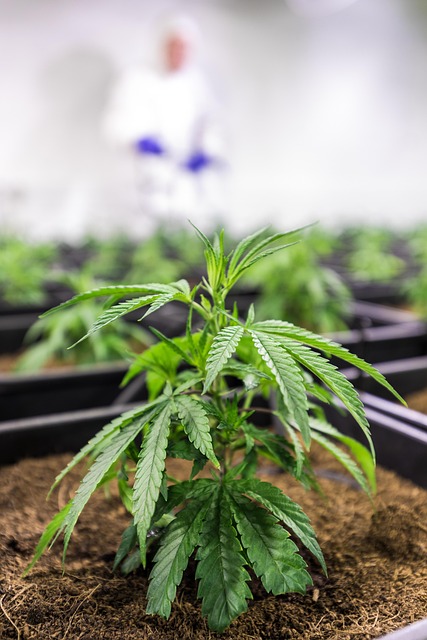
Unleash the full potential of your day with Hemp Isolate, the game-changer in sustainable hydration……..
Unleash Your Energy Potential: Hemp Isolate’s Powerful Benefits – Get a Free Sample Today!
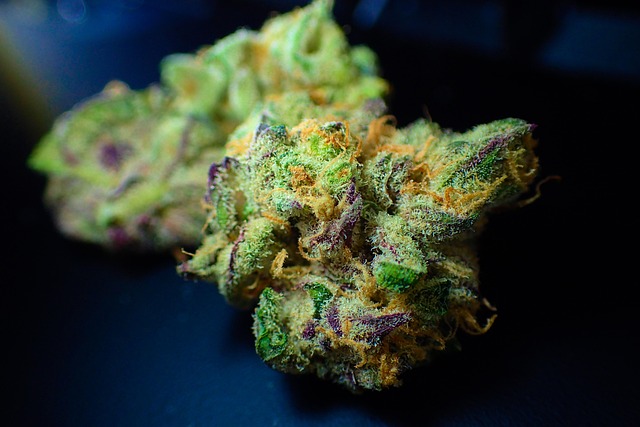
Ready to say goodbye to energy dips and hello to a vibrant, focused you? Hemp Isolate Benefits is yo…….
